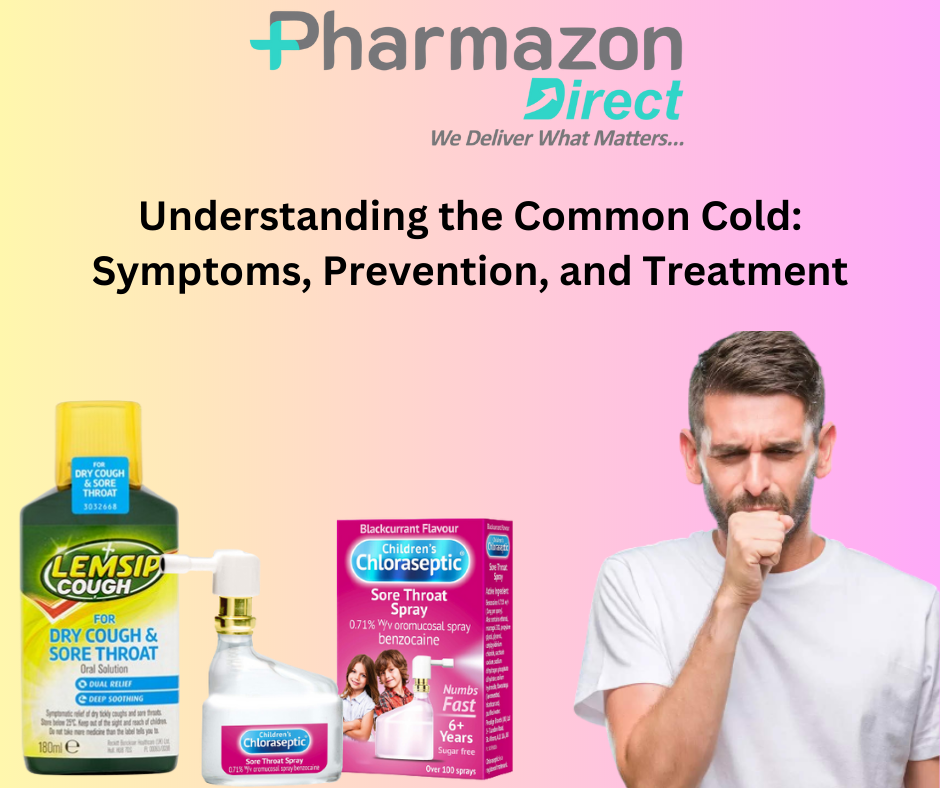Prevention of the Common Cold:
Treatment Options for the Common Cold:
Warm compresses: Applying a warm compress to the face can help alleviate sinus pain and discomfort.
In Conclusion, The common cold is a viral infection with symptoms like a runny nose, sore throat, and cough. Preventive measures include good hygiene and avoiding close contact with sick individuals. Rest, hydration, and over-the-counter medications like Dry Cough Medicine etc can help alleviate symptoms. Consult a healthcare professional if needed. Stay well and take care!
